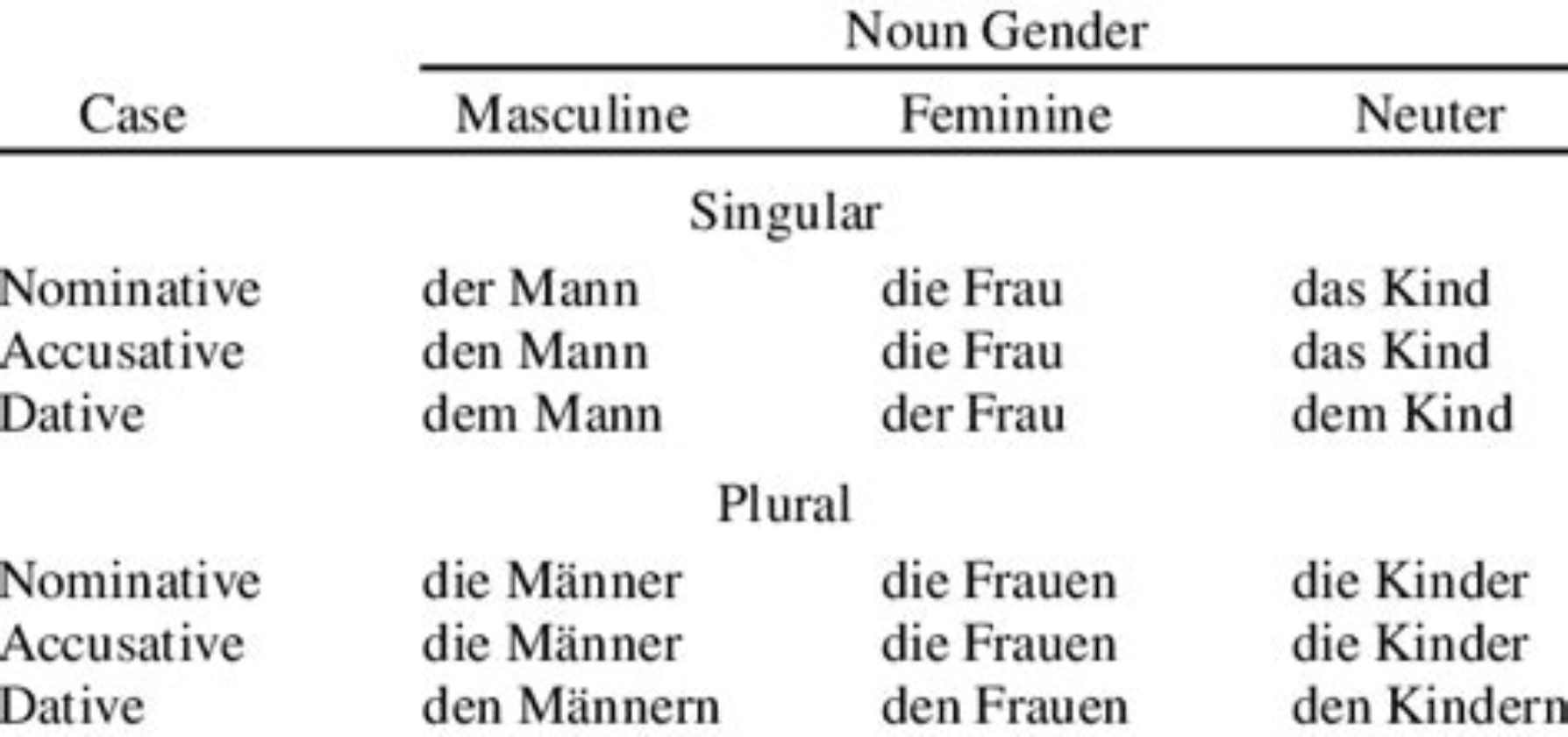Tranny theory is actually linguistically impossible in most European languages, because words are not gender-neutral and so tranny materials just don’t make any sense.
In English, you are just dealing with the much-discussed “pronouns.” In other languages, you have to change huge numbers of words, and trannies are effectively arguing for a totally new form of language.
The conservative government in the southern German state of Bavaria on Tuesday signed off on an amended regulation limiting the use of gender-sensitive language in official documents and in public places like classrooms.
State authorities in Bavaria will no longer be allowed to use symbols like asterisks and colons in nouns to make them more inclusive.
Florian Herrmann, a minister in Bavarian Premier Markus Söder’s conservative Christian Social Union (CSU) state government, said the regulation would apply to teachers. The rule would apply to text used in daily school instruction along with letters to parents and internal communications.
“For us, the message is: language must be clear and understandable,” Herrmann said. “But it is also about keeping open the space for discourse in a liberal society.”
It’s unclear, however, what the punishment will be if teachers or other government workers break the new rules.
Like many languages, German uses gendered words. While a Patient and a Patientin both hope to be treated by a doctor, German makes it clear that the former patient is male and the latter female. The phenomenon is more pronounced in the plural forms of many words when tradition would call for using the so-called “generic male” form, Patienten, rather than the female plural form Patientinnen.
In written language, it has long been common instead to write PatientInnen, with a capital i, to indicate that the plural being referred to likely contains a mixture of men and women.
But that’s not enough.
Some however called for further efforts to make German more inclusive, breaking up words with symbols like an asterisk, called a “gender star,” or an underscore, or a bespoke piece of punctuation dubbed the “gender gap,” among other options to create the words Patient*in, Patient_in. In spoken German, the symbols are expressed as a pause or glottal stop.
In 2021, the influential German reference dictionary Duden began changing its entries for nouns referring to people to make clear feminine versions and point out the masculine version as explicitly referring to men.
…
Although Bavaria is pushing back on gender-inclusive language, other parts of Germany, such as the city of Hanover, have opted to overhaul gendered language in official correspondence.
I think a lot of people assumed the tranny thing was a fad, but it’s only gotten more and more extreme over the last few years. As people’s lives get more difficult, they’re more comfortable saying “okay, well, that’s enough of this.”
Here’s a cuck explaining the thing like it’s a serious matter
 Daily Stormer The Most Censored Publication in History
Daily Stormer The Most Censored Publication in History



